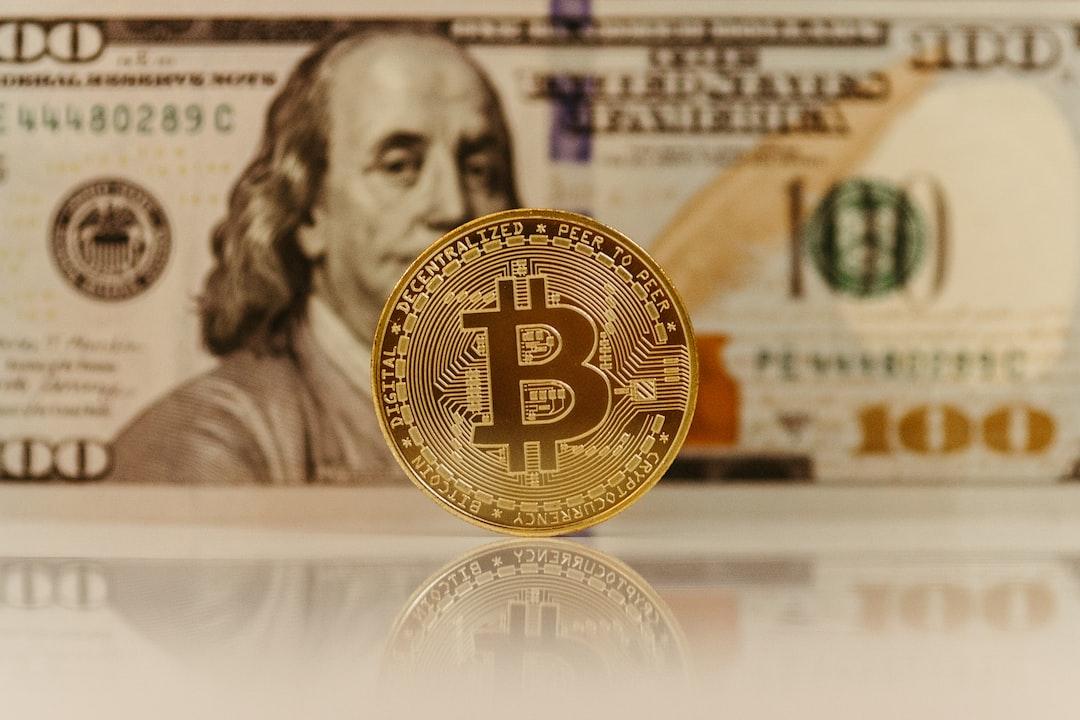On May 16, 2024, the United States Senate made a significant move by passing a Congressional Review Act (CRA) to review the Securities and Exchange Commission (SEC) Staff Accounting Bulletin No. 121 (SAB 121). The bill, known as H.J.Res. 109, received exceptional support in Congress, with 60 to 38 votes in favor. What’s particularly noteworthy is that the vote was highly bipartisan, with 51 Democrats supporting it. This marked a milestone as it was the first time that a standalone crypto legislation passed in Congress.
However, before the House of Representatives could vote on the bill, President Biden threatened to veto it using his executive power if there was an attempt to overturn the SEC policy. The White House expressed strong opposition to disrupting the SEC’s measures to protect investors in crypto-asset markets and the broader financial system.
Now the question is whether President Biden will follow through with his veto threat, especially considering the support for the bill from Democrats and even Presidential candidate Donald Trump, who has shown support for crypto. It’s worth noting that in previous administrations, around one-third of threatened vetoes were never carried out, so the threat alone doesn’t guarantee a veto.
The passage of H.J.Res. 109 with solid support has been hailed as a significant moment by Perianne Boring, Founder and CEO of the blockchain trade association Digital Chamber. Boring emphasized how the controversy surrounding SAB 121 led to 21 Democratic Senators breaking rank and supporting the bill, including Senate majority leader Chuck Schumer. This support could potentially force the White House to reconsider its position on crypto.
Not only does the crypto community wish for President Biden to sign H.J.Res. 109, but the American Bankers Association has also urged him to do so, recognizing the economic incentive for banks to offer custody services for cryptocurrencies.
The Biden administration now faces a complex decision. Is it worth vetoing H.J.Res. 109 and risking a conflict within the Democratic party? President Biden will have to weigh the pros and cons and decide whether to sign the bill, allow it to become law without his signature, or veto it.
One potential option for Biden is to “pocket veto” SAB 121, which means not signing or vetoing the bill while Congress is not in session. This could be a strategic move to avoid political backlash.
Another factor to consider is Donald Trump’s apparent shift towards a favorable stance on crypto regulation. It’s possible that Trump sees an opportunity to gain support and votes from Biden by positioning himself as the pro-crypto candidate for the upcoming election.
If President Biden does decide to veto H.J.Res. 109, Congress could attempt to override the veto with a two-thirds majority vote in both chambers.
However, there may be a simpler solution to Biden’s dilemma. The SEC has the power to revoke SAB 121, which would eliminate the need for Biden to make a veto decision. Republican Wiley Nickel suggests that SEC President Gary Gensler holds the key to resolving this issue and ending the “political football” surrounding the controversial regulation.
Criticism of SAB 121 has also come from within the regulatory agency itself. Commissioner Hester Pierce expressed her concerns about the policy and its negative impact on the industry. Many lawmakers and industry leaders argue that the SEC measure could stifle innovation and goes against the conventional treatment of assets under custody.
In conclusion, the ball is now in the SEC’s court. President Biden must wait and see what action they take regarding SAB 121 before making a decision on whether to veto H.J.Res. 109.

